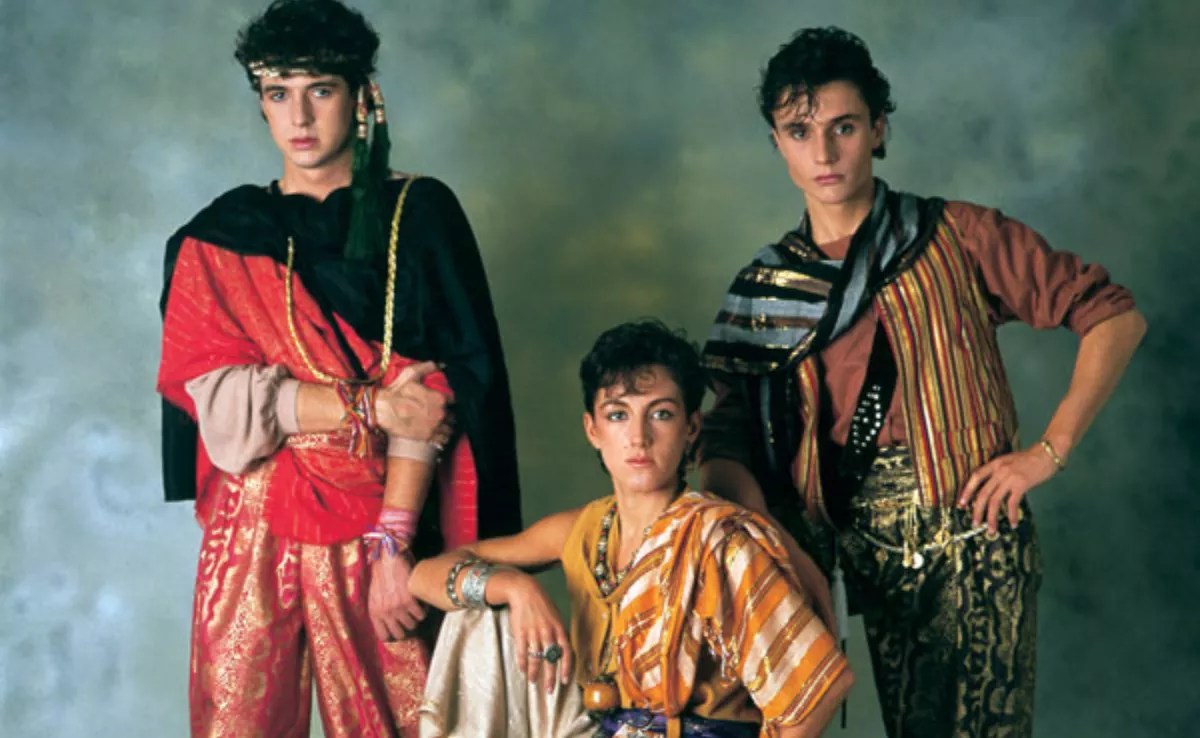
SANTA CRUZ DE TENERIFE, 14 Feb. (EUROPA PRESS) –
The president of the Cabildo de Tenerife, Pedro Martín, has reported that this year 15.3 million euros will be allocated in direct aid to support the primary sector and sustain local production. In this sense, he gave the example of aid for livestock feeding, which increases from 1.3 to 2.5 million euros.
This was stated at a press conference in which he was accompanied by the insular Councilor for Agriculture, Livestock and Fisheries, Javier Parrilla, and the manager of Balsas de Tenerife (Balten), Ana Sánchez, and which served to present the main actions planned in the area of Agriculture, Livestock and Fisheries for this year.
In his speech, Pedro Martín also valued the investment of 14.8 million in agricultural infrastructure and hydraulic and irrigation works, and announced that an item of 3.5 million euros is planned to balance the cost of irrigation water and not raise the price of water for farmers, “a fundamental factor to boost business efficiency and productivity in the sector”.
The island president stressed that between 2020 and 2023 the Cabildo has invested more than 109 million euros in the primary sector of the Island, which is 54 percent more than the previous government team. “A figure that speaks for itself and that shows that the primary sector has always been a priority for this Cabildo,” he said.
Martín highlighted the investment effort that the Cabildo has been making throughout the entire mandate to support and promote agriculture, livestock and fishing on the Island and added that this year they have increased the budget again and reaches 35.4 million euros, which is “the area’s largest budget in its history”. Specifically, accounts grew by 33.6%, which translates into 8.9 million euros more than in 2022.
The insular president stressed that this increase in the budget “has included the implementation of initiatives that have helped businessmen in the sector to reduce their costs, without implying a decrease in investments and direct aid with which has continued to contribute to sustaining productivity”.
In this sense, he wanted to recall that at this time the budget allocated to the primary sector is higher than the tourism one. “And all this despite the fact that they have not been years of economic prosperity, with a panorama marked by the global health crisis of the Covid-19, the inflation of food, fuel and energy or the war in Ukraine,” he added. he.
For his part, the Island Councilor for Agriculture, Livestock and Fisheries, Javier Parrilla, assured that one of the aspects that have defined and differentiated this mandate is that they have treated the primary sector as a strategic and professional sector, because they are talking about businessmen and businesswomen.
Javier Parrilla explained that between 2015 and 2019 the global investment destined to the fishing sector did not reach 700,000 euros, while the items of this government have exceeded 2.5 million. “And the same is true of the livestock sector, between 2019 and 2023 we have allocated more than 28.6 million euros, compared to 19.5 in the previous term,” said the counselor.
In his opinion, “these are notable increases that have contributed to maintaining our fishing fleet and have made it possible to stop the fall in the number of cattle and cattle farms.” “In fact, in the last four years, the island’s livestock has increased by 9.5 percent,” he added.
Meanwhile, Ana Sánchez highlighted that 8.2 million euros will be allocated to Balten, which represents an increase of 80 percent compared to 2022. “More than 3.5 million will go to maintain the price of water for farmers and women farmers on the island, and almost 1.1 million will be used to change meters free of charge to improve water management and savings,” he explained.
The Balten manager also recalled that they are currently working on the re-waterproofing of the Montana de Taco pond, in Buenavista del Norte; in the installation of photovoltaic plants in the infrastructures with the highest energy consumption, in the digitization of the entity to improve hydraulic and management efficiency, as well as in the promotion of reclaimed water, among other issues. In this sense, she highlighted that of the almost 20 million cubic meters of water volume supplied in 2022, 55% was reclaimed water.
INVESTMENTS AND DIRECT AID
In terms of Livestock and Fisheries, which has a budget of 10,554,918 euros (42.8% more than in 2022), 5.9 million will be allocated to direct aid (cattle feeding, artisan cheese factories, health care and support of traditional breeds, among other lines of action), and another 1.1 million to extend the suspension of rates for the Insular Slaughterhouse. Also noteworthy are the 1.2 million earmarked for animal welfare.
The fishing sector has, for its part, a total item of 867,650 euros, 77 percent more than in 2022. 80 percent of the budget (700,000 euros) will go to direct aid for fishermen’s guilds, the support of the productivity or commercialization of tunas.
With regard to Agriculture and Rural Development, which has 7,038,878 euros, 1.2 million will be allocated to direct aid to the sector (marketing of potatoes, crop rotation, cut flowers and putting into production land in disuse , among other issues), 2.2 million to agricultural extension, (for advice and assistance to the sector) and 390,289 euros to the island potato plan.
Finally, the Agri-Food Quality and Valorization service, which has an amount of 2,030,567 euros, will place special emphasis on the valorization of local products (336,028 euros) and support for oenology (278,782). It is also worth noting the 375,188 euros allocated to the island’s beekeeping sector, which represents an increase of 275 percent compared to 2022.
















